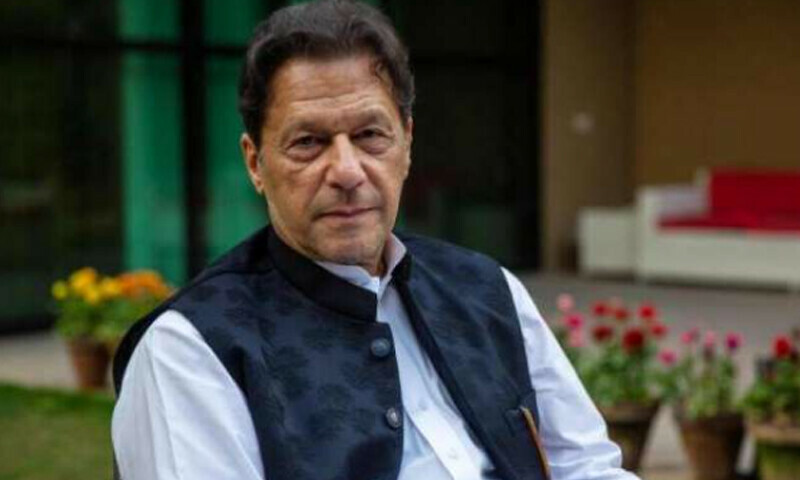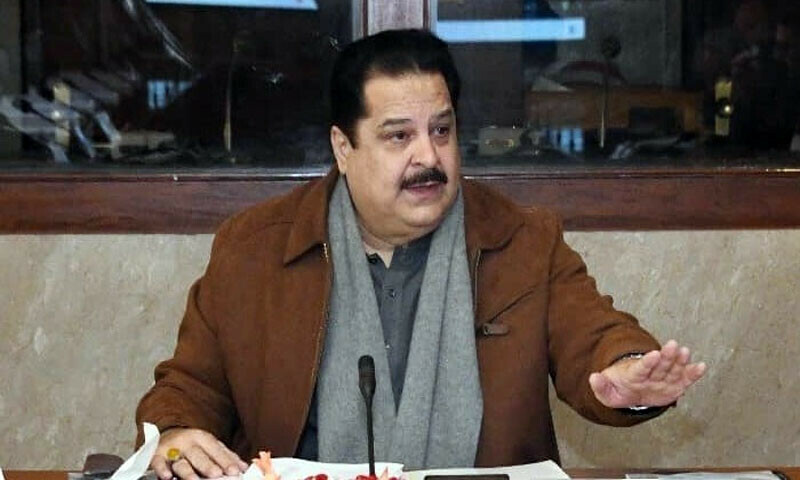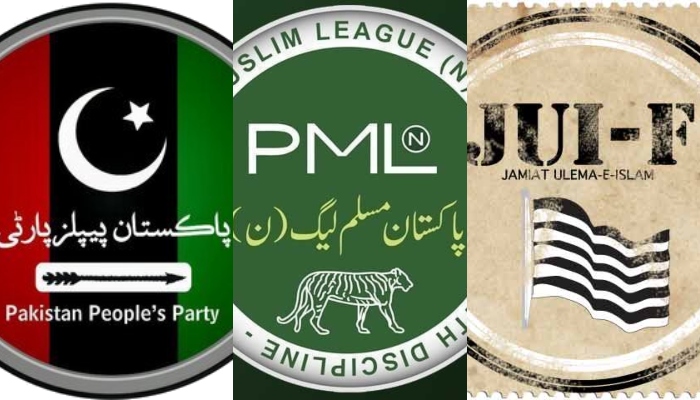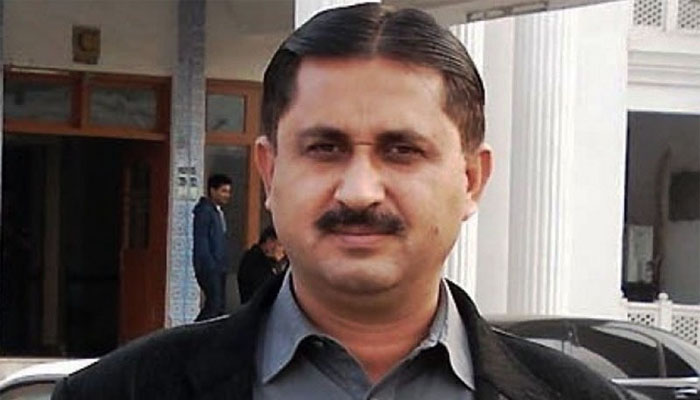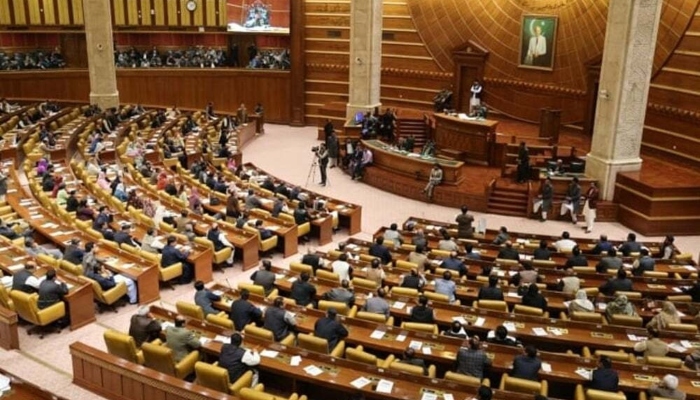POLITICS & POLICY MAKING
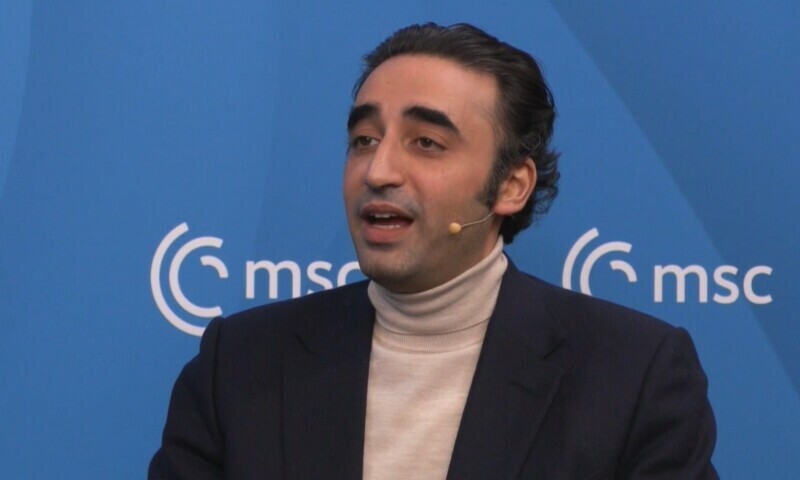
Pakistan People's Party (PPP) Chairman and former foreign minister Bilawal Bhutto-Zardari has emphasized Pakistan's role as a mediator between China and the United States, highlighting the country's historic diplomatic significance. Speaking at the Munich Security Conference, Bilawal stressed Pakistan’s commitment to fostering international cooperation rather than fueling geopolitical divisions, according to Deutsche Welle (DW).
Pakistan as a Bridge Between Superpowers
Bilawal acknowledged the ongoing rivalry between the US and China, stating that Pakistan has always been a "bridge builder" rather than a dividing force in international politics. He pointed out that Islamabad played a key role in establishing diplomatic ties between Washington and Beijing in the past and intends to continue that role.
"If you want to put us in a camp, we would like to see ourselves as bridge builders. We played that role in the past between establishing diplomatic contacts and the relationship between the US and China," he said.
Relations with Trump Administration and India
Commenting on the new Trump administration, Bilawal described Trump as a "deal maker" and suggested that there are opportunities for engagement between Pakistan and the US in line with Trump's diplomatic style.
One critical area of engagement is Pakistan's relationship with India, a key US ally in the region. Bilawal noted that the China-US rivalry and Washington’s efforts to position India as a counterweight to China have shifted the regional balance of power. He warned that if the US continues to promote India as a "net security provider," Pakistan will have to maintain its strategic position accordingly.
"Rather than focusing on poverty and unemployment, both Pakistan and India are locked in an arms race. If the US continues to strengthen India's military capabilities, Pakistan will take necessary steps to sustain that competition," Bilawal explained.
Pakistan’s Ties with China
Bilawal reaffirmed that while Pakistan values its relationship with China, it does not seek to alienate itself from other global partners. He dismissed the notion that Islamabad would sacrifice its ties with China to improve its standing with the US.
"China has a consistent and stable trajectory, and it makes sense for us to do business with China. But that does not mean we should be cut off from the rest of the world," he stated.
Security Concerns and US Withdrawal from Afghanistan
Addressing regional security concerns, Bilawal emphasized that Pakistan’s primary security threats do not come from Iran, but rather from the aftermath of the US withdrawal from Afghanistan in 2021.
He criticized the US' unilateral decision to withdraw troops without consulting allies such as the EU, the Afghan government, or Pakistan. According to Bilawal, this move empowered extremist militant groups such as Tehreek-i-Taliban Pakistan (TTP) and Daesh, which were nearly dismantled before the fall of Kabul.
"Before the fall of Kabul, we were more successful in dismantling and taking on these militant outfits within Pakistan than all of NATO in Afghanistan," he remarked.
Bilawal stressed that tackling security threats requires a unified domestic political consensus, as well as serious regional and international discussions to formulate a lasting solution.
Conclusion
Bilawal Bhutto-Zardari’s statements underscore Pakistan’s strategic balancing act between global superpowers while addressing pressing security concerns in South Asia. As tensions between the US and China continue to rise, Pakistan positions itself as a potential mediator, drawing from its historical role in global diplomacy.
